Jer. 31: 7-9; Ps. 126: 1-6; Heb. 5: 1-6; Mk 10: 46-52
The father to Israel loves all his people “the blind and the lame, mothers and the unborn child with his mother and delivers us from stumbling”. The people of Israel “departed in tears” remembering the suffering, sickness, and hardships they endured in their struggle for freedom though the desert. In an age when women and children were considered more of a property and the blind and the lame as cursed, the father of Israel makes known there is no one he does not love, no one he rejects, and he is there to console them and guide them. He is here to console us in our weakness and suffering. We are his beloved.
Fast forward to Jesus coming and today’s gospel, Bartimaeus a blind man, a beggar on the roadside cries out to Jesus. What is the people’s attitude towards the beggar? “Many rebuked him, telling him, be silent”. In their eyes he is but cursed, insignificant to the people. The beggar calls out to Jesus “son of David”. The Jews awaited the messianic king from the line of David. The beggar in his faith recognizes Jesus as the long awaited messianic king and his faith brings him salvation with his sight restored.
Fast forward again to our times and the attitude taken towards the unborn, the disabled, elderly, and the beggar on the street, what has changed in our humanity? The unborn are aborted, the disabled institutionalized, the elderly forgotten in nursing homes and the beggar remains cursed by the poor choices of life. “The Lord has delivered his people” all his people, the unborn, disabled, elderly and beggar. Who are we? I qualify as unborn into eternal life still in the womb of mother earth, disabled by my sins, elderly since I now qualify for senior citizen discounts and beggar fits my prayer life, “Jesus, son of David, have pity on me”. If we could see ourselves with the eyes of truth we would be filled with the fear of God. If we could see ourselves with the eyes of God there is his truth, goodness, beauty, and love.
If we look to society for answers we see in history the sins of the people repeat themselves and our deliverance will not come from changing social structures. It comes from repentance and a return to “one God under nation” with us, through us, and in us. A study done by Arthur Brooks on generosity found that out of four possible combinations the most generous group is the religious conservative and least generous is the secular liberal with the religious liberal and secular conservative in the middle. Secular liberalism seeks generosity with other people’s resources. We are a generous people for we recognize generosity of God in our life, “The Lord has done great things for us; we are filled with joy.” As the philosopher Spinoza says, “If love is the goal, generosity is the road to it.” If love is the goal then God is our destiny. God is love, deep, generous and revealing.
The Lord has done great things for us, he has given us a high priest Jesus, son of David. Jesus in his humanity is “taken from among men” and in his divinity “a priest forever”. Thus he also calls other men to follow him as “representatives before God” of the people and for the people. Every high priest “must make sin offerings for himself as well as for the people…he himself is beset by weakness.” In the Eucharistic liturgy a priest prays for himself “Wash me, O Lord, from my iniquity and cleanse me from my sin. (Psalm 51:4) and in the Lamb of God quietly prays, “May the receiving of your Body and Blood…not bring me to judgment and condemnation…be for me protection in mind and body and a healing remedy.” The priest recognizes his weakness as representative of the people with great accountability for his actions and with full transparency before God, the naked truth that awakens the fear of God and the coming of the day of judgment.
A priest is first called to diaconia, meaning servant of the people as a transitional deacon before his ordination as priest. The priest glorifies God as servant in humility. The priest who glorifies himself separates himself from the people in abuse of his authority. The priest who glorifies himself is a blind man in need of pity until he recognizes he is but a beggar in need of conversion. Every “high priest is established for human kind” to offer gifts of sacrifice for sins. That is the offering pleasing to God in the Mass. Christ died for all sinners.
“Master, I want to see” is a confession of a servant who recognizes they are but a sinner. We all have our blind spots where we do not see in ourselves what other see and our ego defenses don’t want to see finding safety in denial whether through ignorance or as an act of will. Denial is a temporary curtain of darkness where our sins run to hide. The light of faith, the faith of Bartimaeus at Jericho who had the courage to seek sight from his blindness and call out to Jesus, “Master I want to see.” It is an act of faith that gave him the will to cry out to Jesus and be saved. What holds us back from that act of faith is pride. Pride sometimes is hidden in false humility. We say, “Who am I to bring God all my troubles.” It comes with the belief that he created us and set us free to live our lives but he is a distant God. We reason God out of our lives when he is waiting for us to cry out to him in faith.
Notice “freedom” we have in Jesus. Jesus tells Bartimaeus “Go your way.” We all have the freedom to go our way in the light of Christ or in our darkness. Bartimaeus chooses to become a disciple and follow him. How do we identify our discipleship? In other words, “How do I follow Jesus?” We may say we follow him by coming to church. It is possible to come to church and walk out without a conversion to live life God’s way but go our way. We follow him by loving our family but even an atheist loves his family and does not follow God. We follow him by respecting life and natural law with some good common sense. Many an agnostic respects life and the natural law because of some good common sense. We can only begin to follow him by having a personal relationship with Jesus himself. When we cry out to him to let us see, he will reveal himself to us. He will give us our identity of discipleship in the way we are to go.
In the gospel reading Jesus is on the way to Jerusalem and has this final miracle at Jericho as a sign that the time had come to recognize Jesus as the messianic king before his passion, death, and resurrection. Jesus’ true identity as messianic king remains hidden to a people who seek an earthly kingdom. True sight comes from recognizing Jesus as the son of God after his resurrection ascending to his heavenly kingdom. Let us be a people of faith, hope and love with the vision to follow him rejoicing for the Lord does great things for us and we “shall not stumble.” “Master, I want to see.”
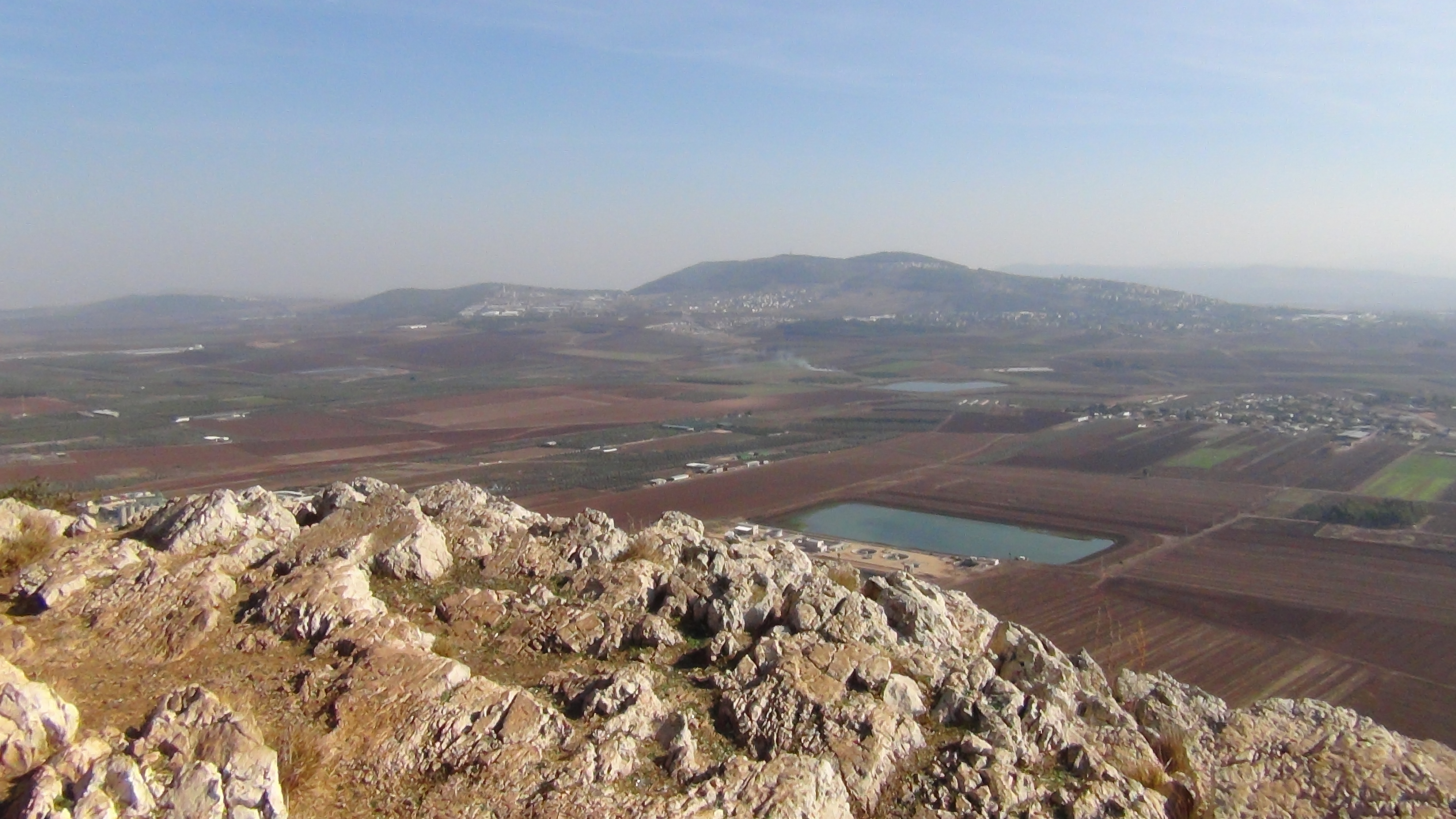


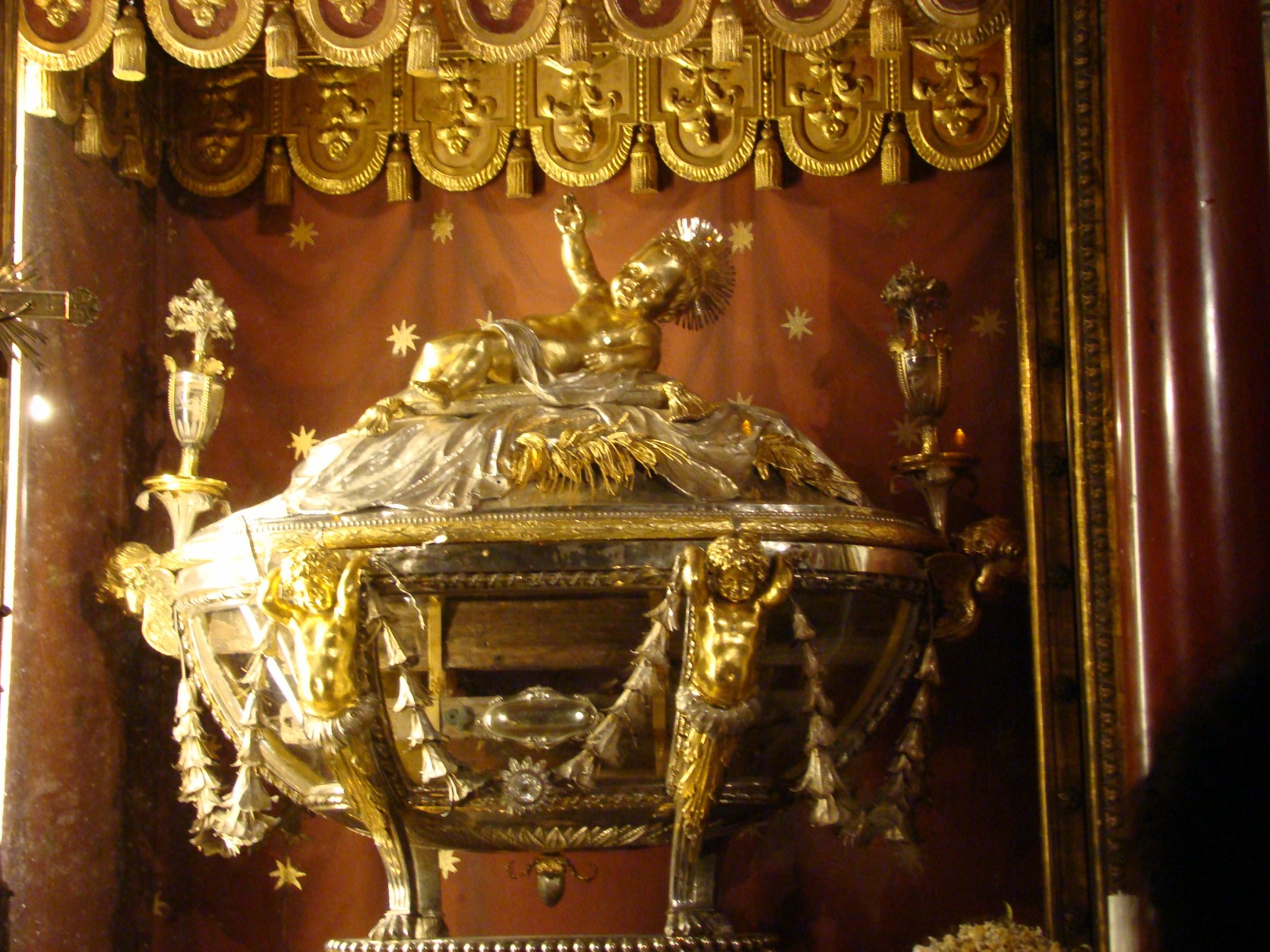



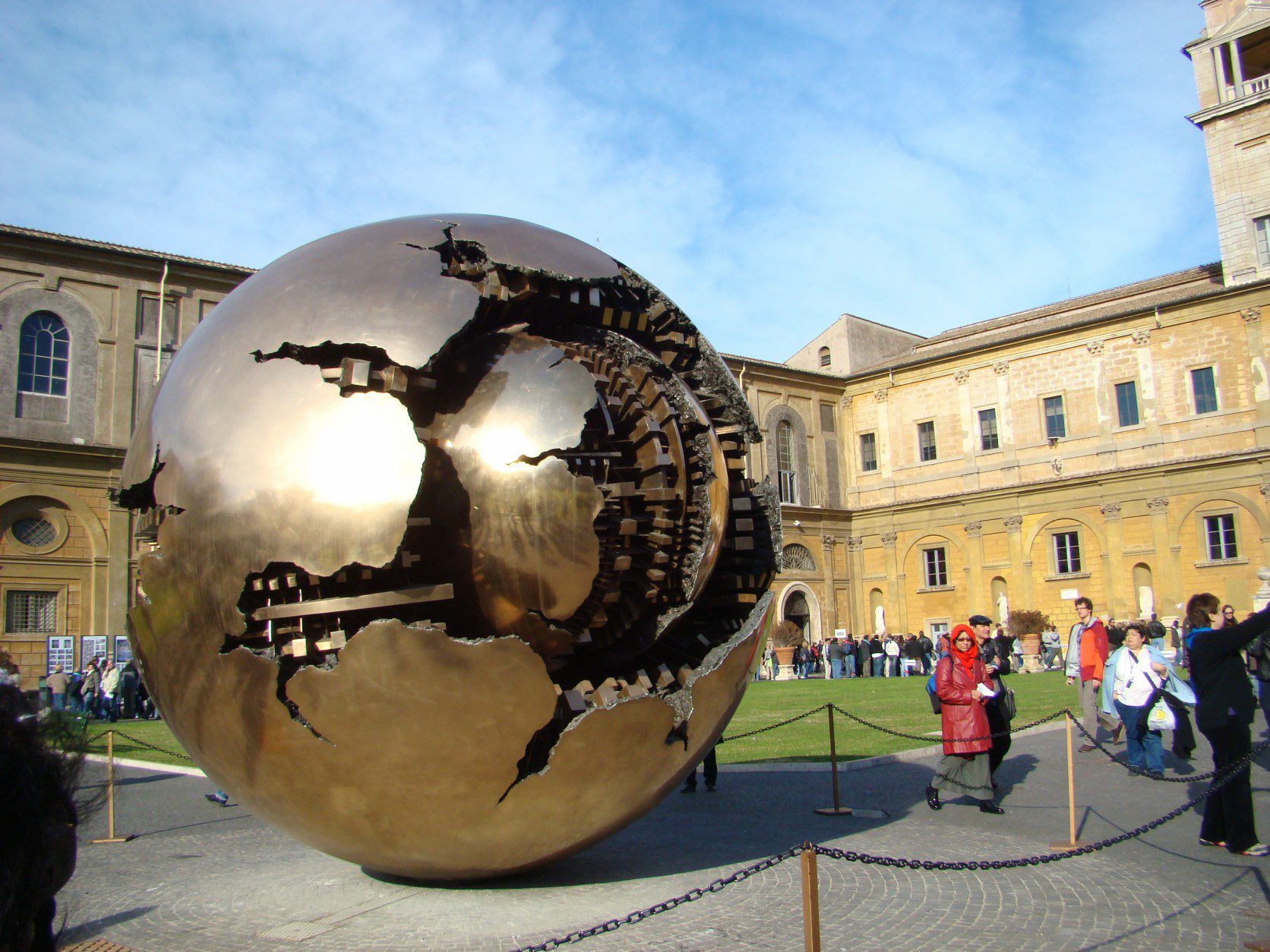



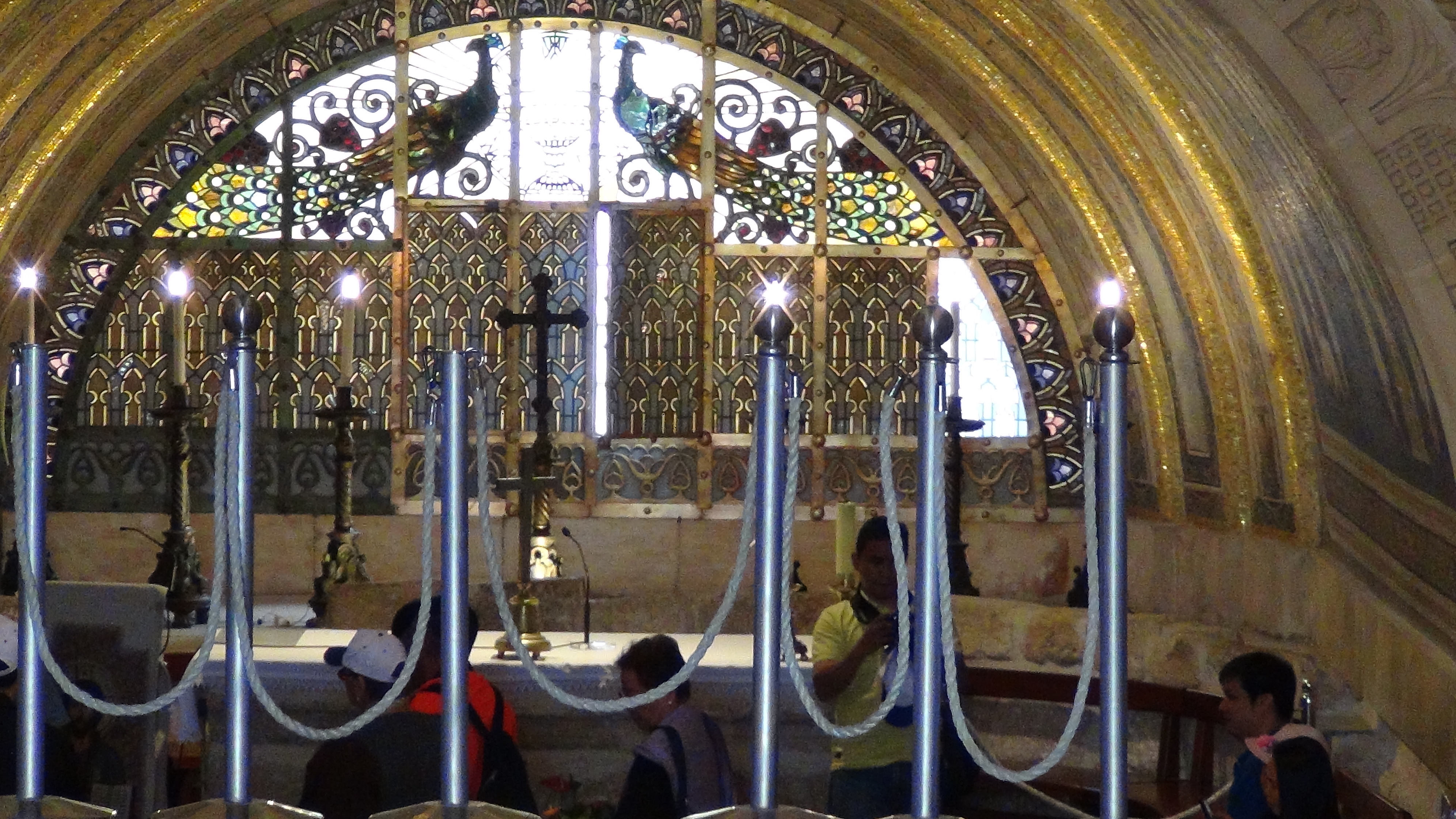



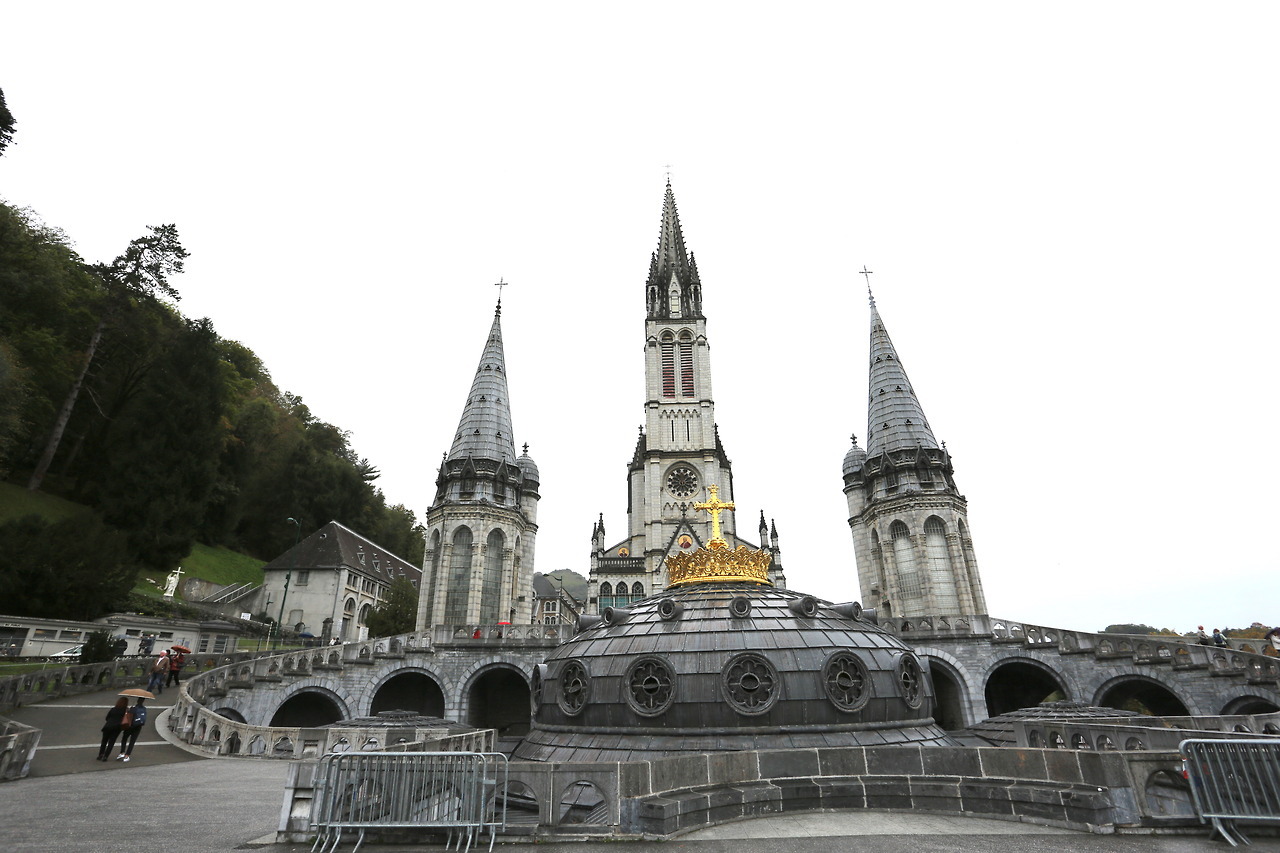

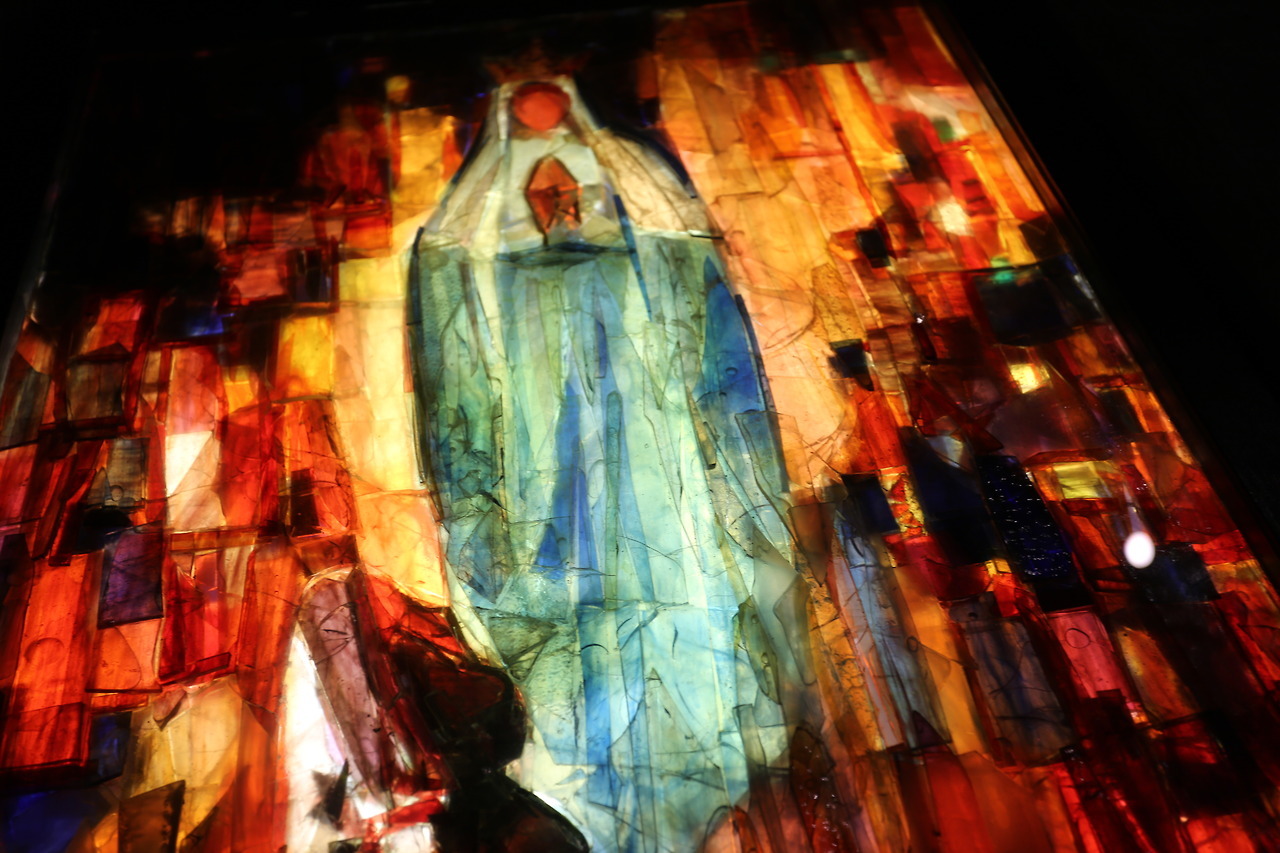


Recent Comments